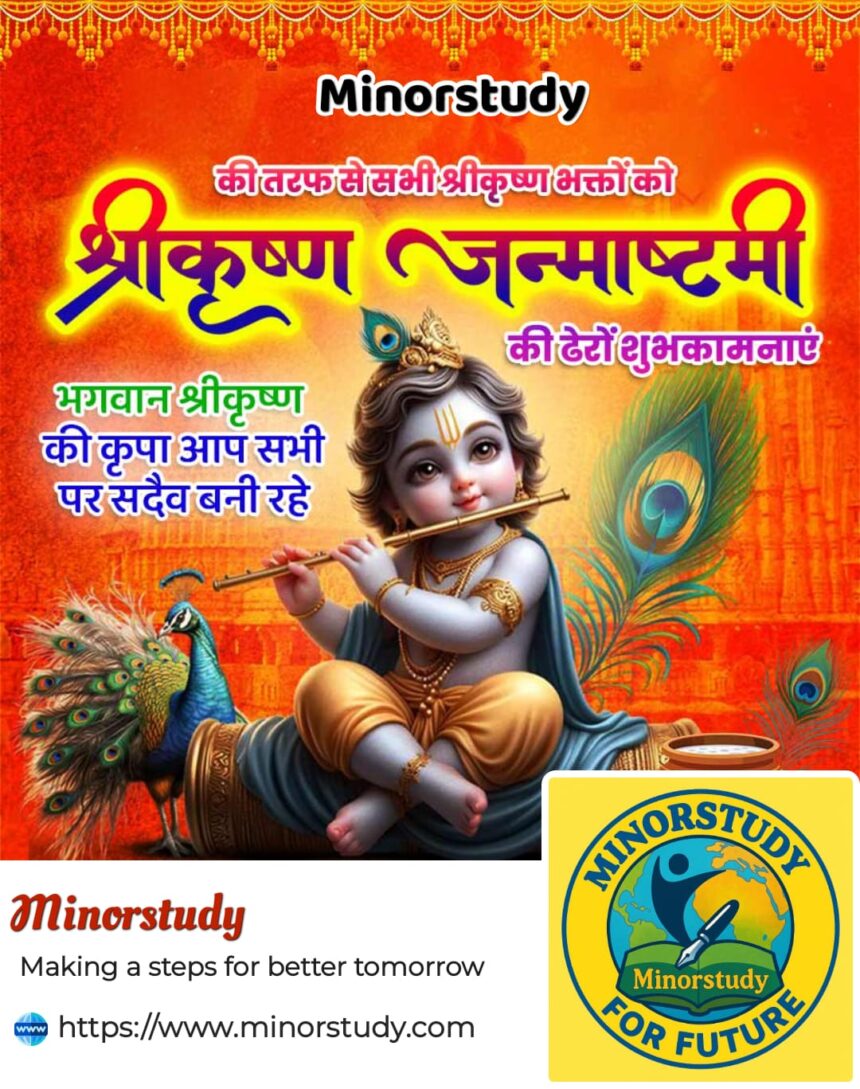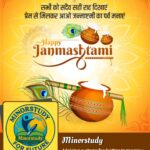🌌 7 Powerful Reasons Why Krishna Janmashtami Inspires Millions Every Year
🕉️ Introduction: A Festival of Faith and Divine Play
Krishna Janmashtami is not just a celebration—it’s an emotion rooted deep within the hearts of millions. Observed to mark the birth of Lord Krishna, the eighth incarnation of Lord Vishnu, this auspicious day carries with it stories of courage, dharma (righteousness), and the eternal battle between good and evil. Held in August or September, this festival lights up temples, homes, and hearts alike.
- 🕉️ Introduction: A Festival of Faith and Divine Play
- 📜 History of Krishna Janmashtami
- 🔍 Fascinating Facts about Krishna Janmashtami
- ❓ Frequently Asked Questions (FAQs)
- 🌟 Significance of Krishna Janmashtami
- 1. Spiritual Renewal
- 2. Victory of Good Over Evil
- 3. Celebration of Love and Devotion
- 4. Unity in Diversity
- 🎉 Observance Practices
- 🙏 Wishing on Krishna Janmashtami
- 🌍 Importance in Our Life & Society
- 📌 Key Points to Remember
- 🪷 Conclusion: The Eternal Relevance of Krishna Janmashtami
- ✅ Daily Life Impact
In this article, we dive deep into its history, facts, significance, daily life impacts, and why Krishna Janmashtami continues to shape lives and societies across generations.
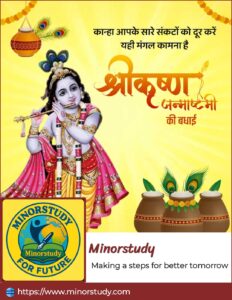
📜 History of Krishna Janmashtami
👶 The Birth of Krishna
According to Hindu scriptures, Lord Krishna was born in Mathura, Uttar Pradesh, around 3228 BCE, in the Dvapara Yuga. He was born at midnight on the eighth day (Ashtami) of the dark fortnight in the month of Bhadrapada, under the Rohini Nakshatra.
His birth was no ordinary event—it was a divine intervention to protect the world from the tyranny of King Kansa, his maternal uncle. Krishna’s early life in Gokul and Vrindavan, filled with mischief and miracles, is immortalized in epics like the Bhagavata Purana and the Mahabharata.
📚 Historical Timeline
| Year/Period | Event |
|---|---|
| ~3228 BCE | Krishna’s birth in Mathura |
| 3102 BCE | Krishna’s departure marks the start of Kali Yuga |
| 3rd Century BCE | Mentions in early texts like Mahabharata and Harivamsa |
| 16th Century CE | Bhakti movement popularized Krishna worship (Chaitanya Mahaprabhu, Mirabai) |
| 20th Century | ISKCON established by A.C. Bhaktivedanta Swami Prabhupada spreads Janmashtami globally |
| Present | Celebrated by millions worldwide in diverse cultural forms |
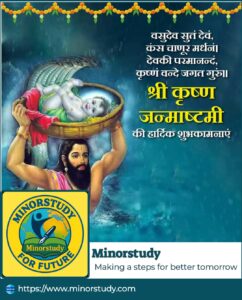
🔍 Fascinating Facts about Krishna Janmashtami
Midnight Celebrations: Krishna was born at midnight; hence devotees gather for a midnight aarti and “abhishek” of Krishna idols.
Fasting Rituals: Devotees fast all day, often with fruits and water only, breaking it after midnight.
Dahi Handi Tradition: Celebrated in Maharashtra, young boys form human pyramids to break clay pots of curd, mimicking Krishna’s childhood mischief.
ISKCON Festivals: ISKCON temples worldwide host elaborate spiritual events, kirtans, dramas, and bhajan sandhyas.
Cultural Diversity: While North India focuses on temple events, South India celebrates with kolam designs and special sweets like seedai and murukku.
Spiritual Broadcasts: Millions watch live telecasts of Krishna Janmashtami from Vrindavan, Mathura, and Dwarka.
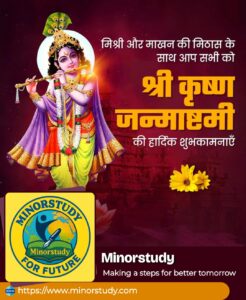
❓ Frequently Asked Questions (FAQs)
Q1: When is Krishna Janmashtami 2025?
A: In 2025, Krishna Janmashtami will be observed on Friday, August 15, as per the lunar Hindu calendar.
Q2: Is Janmashtami celebrated on one day everywhere?
A: No. In some regions like Mathura and Dwarka, it’s observed on the actual Tithi (Ashtami), while in others, the Smarta or Vaishnava calendars influence the date.
Q3: Why does Krishna Janmashtami date change every year?
A: It’s based on the lunar calendar, specifically the Ashtami Tithi of Krishna Paksha in Bhadrapada month.
Q4: What are traditional Janmashtami foods?
A: Makhan Mishri, Panjiri, Murukku, Seedai, Sabudana Khichdi, and special sweets like Laddu Gopal’s laddoos.
Q5: Is Janmashtami a public holiday?
A: Yes, it’s a public holiday in several Indian states and observed as a religious festival globally.
🌟 Significance of Krishna Janmashtami
1. Spiritual Renewal
Krishna’s birth reminds us to reconnect with dharma, truth, and love. His life was a message of how to live in the world but not be attached to it.
2. Victory of Good Over Evil
Krishna symbolized the end of tyranny (Kansa). Janmashtami is a reminder that evil, no matter how powerful, is always defeated by truth and divine will.
3. Celebration of Love and Devotion
His leelas with Radha and the Gopis symbolize pure devotion (Bhakti Yoga). Bhajans, kirtans, and dances reflect this divine bond.
4. Unity in Diversity
Krishna Janmashtami is celebrated differently across regions—be it Dahi Handi in Maharashtra or Krishna Jayanthi in Tamil Nadu—reflecting India’s spiritual and cultural unity in diversity.
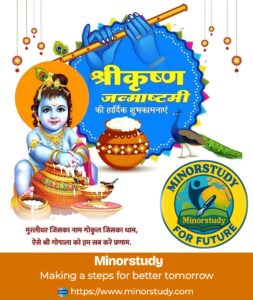
🎉 Observance Practices
Midnight Celebrations: Temples perform “Krishna Abhishekam” with milk, curd, honey, ghee, and tulsi.
Fasting and Vigil: Devotees keep vigil, sing devotional songs, and meditate on Krishna’s life.
Decorated Cradles: Small cradles with baby Krishna idols are rocked symbolically at midnight.
Bhajan and Drama: Children perform Rasleelas, mythological plays reenacting Krishna’s childhood stories.
Community Seva: Many participate in charity, food distribution, and feeding the poor as a way of celebrating Krishna’s compassion.
🙏 Wishing on Krishna Janmashtami
Here are some heartwarming wishes you can share on this pious occasion:
🪔 “May the flute of Krishna guide your path and bless your heart with peace and joy. Happy Janmashtami!”
🌼 “Let’s celebrate the birth of divine love, truth, and dharma. Happy Shri Krishna Janmashtami!”
🌟 “Wishing you a night filled with devotion and a life filled with Krishna’s blessings.”
🙌 “May Lord Krishna steal all your worries and fill your life with happiness.”
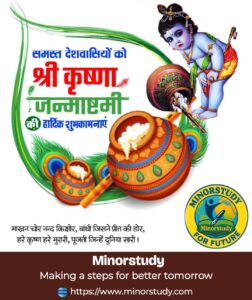
🌍 Importance in Our Life & Society
💖 Personal Growth
Krishna’s teachings from the Bhagavad Gita provide a blueprint for leading a life of balance, self-control, action without attachment, and devotion.
🌱 Ethical Living
He taught the value of righteous living, humility, and performing duties without seeking rewards. This is deeply relevant in today’s fast-paced, transactional world.
🧘 Mental Peace
Chanting Krishna’s name, meditating on his form, or simply reading his stories helps in managing stress, ego, and emotional struggles.
🌐 Cultural Bonding
The festival brings families and communities together, fostering togetherness, generosity, and a sense of belonging.
📌 Key Points to Remember
Date: August 15, 2025 (Friday)
Tithi: Ashtami of Krishna Paksha, Bhadrapada month
Regionally Varies: Celebrated differently across India
Famous Sites: Mathura, Vrindavan, Dwarka, ISKCON temples
Core Theme: Divine birth to restore Dharma
🪷 Conclusion: The Eternal Relevance of Krishna Janmashtami
Krishna Janmashtami is not just a festival; it’s a living tradition, a celebration of divine consciousness in human form. Whether you fast, pray, participate in Dahi Handi, or read the Bhagavad Gita—every act becomes a spiritual offering.
In our daily lives, Krishna reminds us to live with joy, wisdom, love, and courage. His life is proof that even amidst chaos and cruelty, a divine light can be born to guide the world toward truth and peace.
✅ Daily Life Impact
Inspires Selfless Action: Karma Yoga from Gita promotes purpose-driven life.
Promotes Compassion: Emulating Krishna’s kindness enhances societal harmony.
Boosts Mental Wellbeing: Festivals like Janmashtami rejuvenate minds through music, devotion, and social bonding.
Nurtures Dharma in Families: Passing on stories and values of Krishna to children builds ethical foundations.

